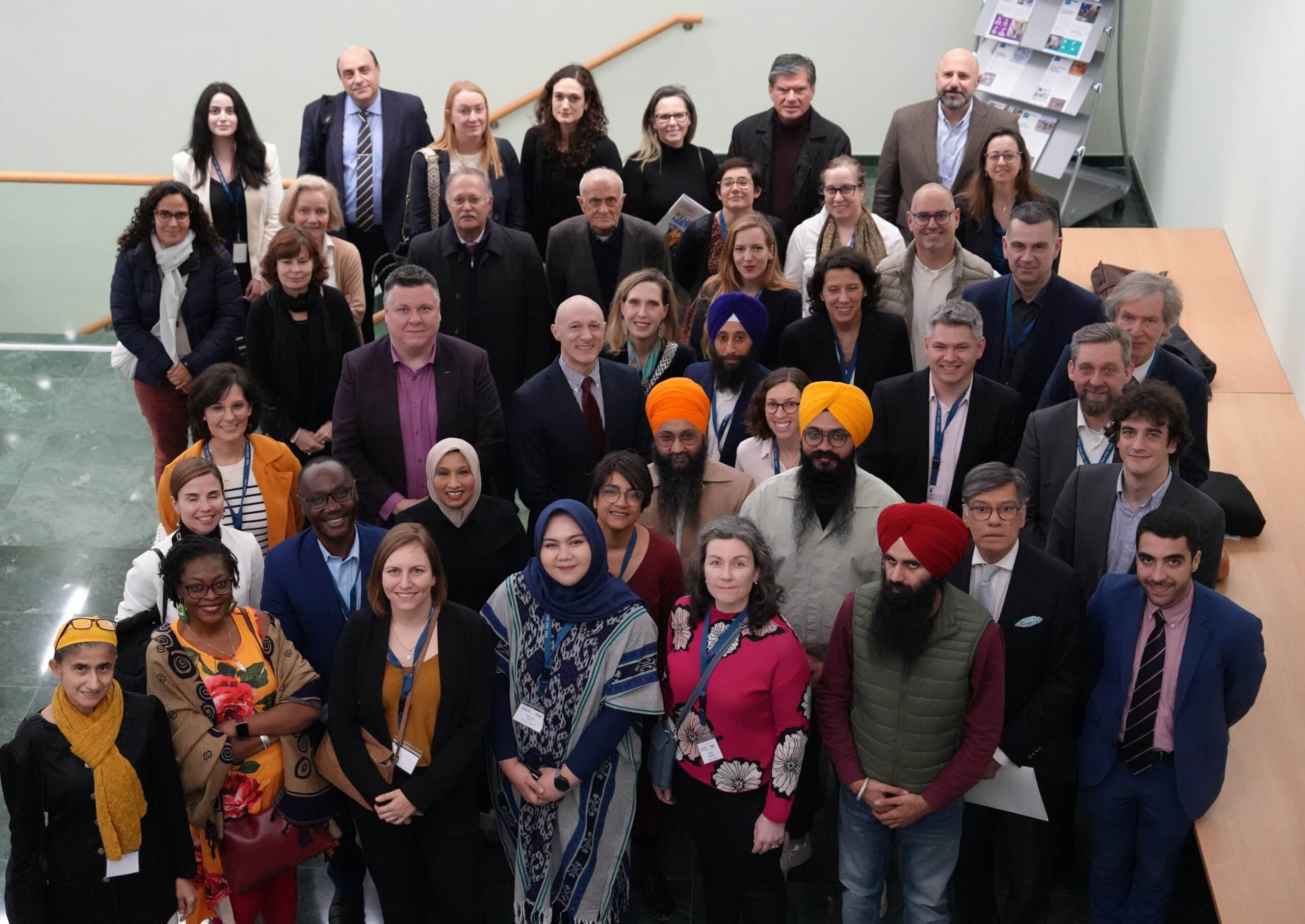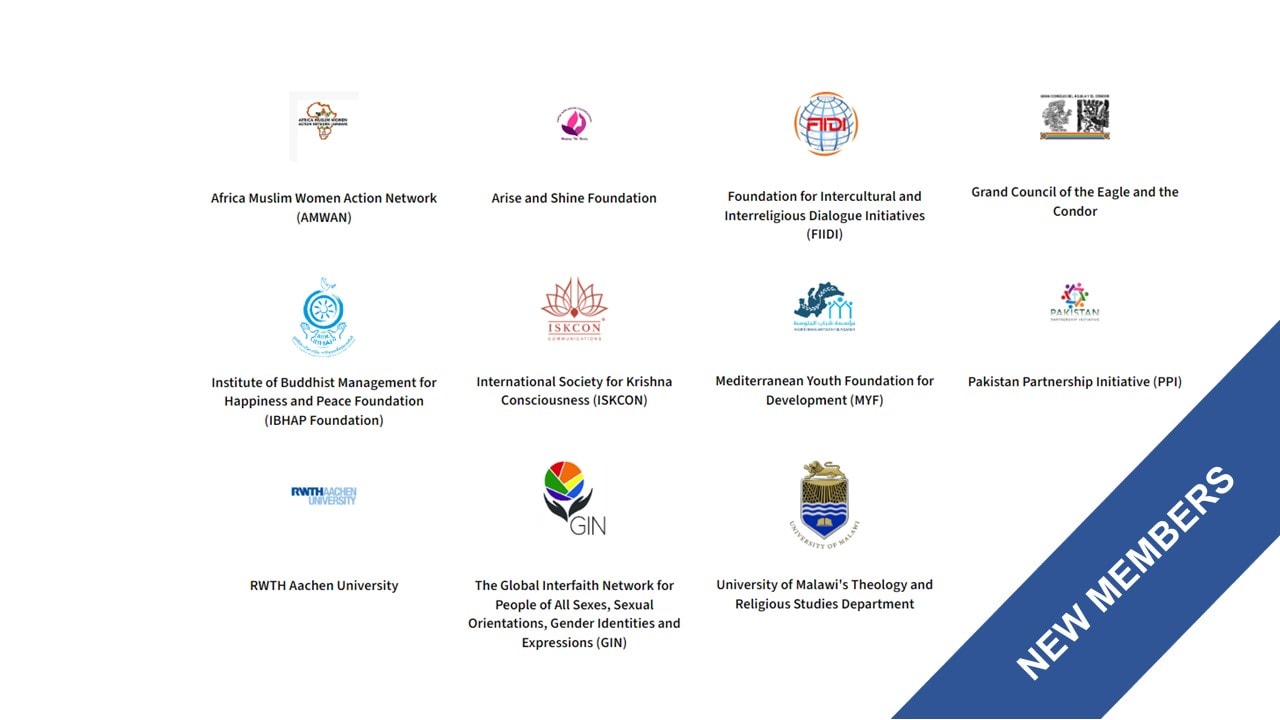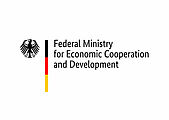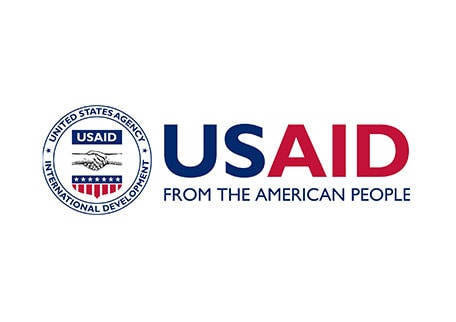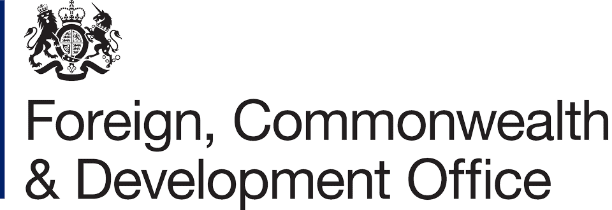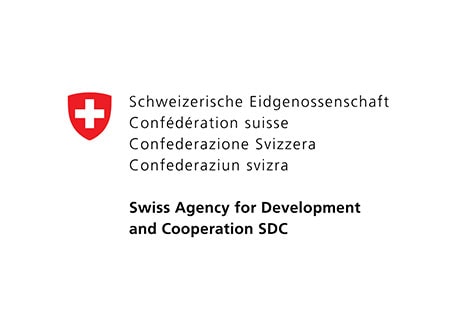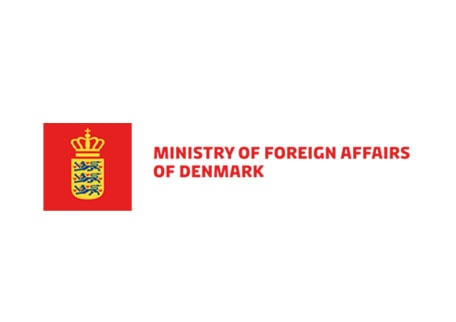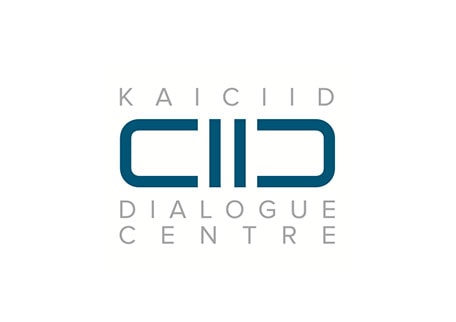Religious actors around the world are committed to gender equality. They are leading initiatives that will be presented in a forthcoming PaRD booklet “Faith-based Approaches to Gender Equality and Empowerment”. These efforts emphasise the urgent need for different approaches to tackle the widespread inequalities affecting women and girls worldwide.
Women and girls make up nearly half of the world’s population, and yet they experience inequality worldwide. This inequality not only manifests in physical violence but also in pervasive structural injustices in daily life. Various strategies involving committed stakeholders must be employed to counteract the systemic inequalities. Religious actors can be a crucial factor in ensuring gender equality. While social and cultural norms, including those rooted in religion, can prevent the unbiased application of and access to basic human rights, it is increasingly evident that religious voices can drive constructive dialogues to enhance the status of women and girls.
New PaRD Booklet Spotlighting Empowering Practices for Women by Religious Actors
PaRD’s dedicated Workstream on Gender Equality and Empowerment has collected promising practices from around the globe, each offering valuable insights on faith-based approaches to achieving Sustainable Development Goal 5 (SDG 5): Gender Equality. They will be gathered in a booklet that will be published soon and will be available here or in PaRD’s Knowledge Centre.
These inspiring stories from around the world highlight the need for culturally varied approaches to gender equality. Taken from diverse contexts and religious traditions, they showcase the efforts of international and faith-based organisations in fostering peace as they implement projects promoting SDG 5 targets in their respective communities and beyond. Whether it’s understanding that men are critical allies in the advancement toward gender equality, utilising the transformative power of religious women to improve literacy across religious communities or providing gender sensitive education to combat gender-based violence, readers will find that there are a number of different successful approaches.
Moreover, these practices reveal the need to address other societal issues, such as poverty and violence against women to advance gender equality. While an exchange of knowledge proved a useful measure for some initiatives, others took a more active approach to supporting survivors through cash-for-work programmes and providing business support. Despite their diversity, these initiatives share a common goal: to better the experience of women and girls – and provide hope for the future achievement of gender equality.


